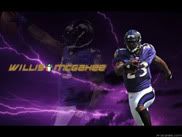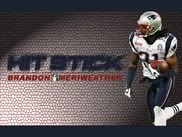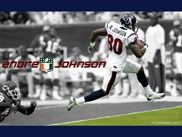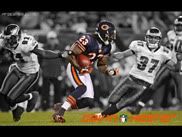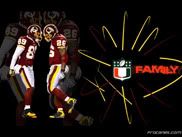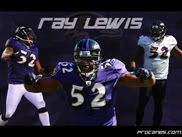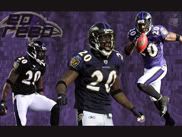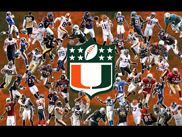CLICK HERE TO ORDER!
Dorsey always goes down with the ship
Dec/03/08 08:17 PM Filed in: Ken Dorsey

Dorsey was a seventh-round draft choice by the 49ers in 2003. He did not play as a rookie, but 49ers starter Tim Rattay was injured in the 2004 opener and Dorsey replaced him.
Dorsey started the next seven games, completing 123 of 226 passes for 1,231 yards, six touchdowns and nine interceptions.
The 49ers were so bad in 2004, they got the first pick in the 2005 draft. They used it on quarterback Alex Smith, one of the all-time No. 1 busts.
Dorsey made three more starts for the 49ers in 2005. That year, San Francisco finished 4-12.
Dorsey's record as a starter in San Francisco was 2-8. The 49ers' combined record in the two years he played was 6-26.
The Browns acquired Dorsey and a seventh-round draft choice from the 49ers on May 4, 2006, for Trent Dilfer.
General Manager Phil Savage knew Dorsey was a cerebral quarterback, if not a gifted one physically. He wanted Dorsey to tutor Charlie Frye.
When Frye flunked out, so to speak, in September of last year, Dorsey already had another pupil — Browns 2007 first-round draft choice Brady Quinn. Dorsey was the perfect teacher because he played under offensive coordinator Rob Chudzinski at the University of Miami.
On Sunday in Nashville, Tenn., against the best team the Browns have played since stunning the Giants on Oct. 13, Dorsey will be making his first start in more than three years because Quinn is on injured reserve with a broken finger and Derek Anderson is out for the year with a torn knee ligament. The Titans are 11-1. The Browns have lost four of five games. They are 14-point underdogs, and not just because Dorsey is starting.
"He's a very smart quarterback and he's a competitor," Coach Romeo Crennel said. "He probably doesn't have some of the physical skills some other quarterbacks in the NFL have. I think that's probably been the biggest drawback."
Those physical limitations, namely more of a BB gun arm than a howitzer, did not hamper Dorsey in college. He was 38-2 with the Hurricanes and would have won back-to-back national championships if the Buckeyes did not thwart him in 2002.
Dorsey will not be asked to fire 15-yard sideline passes on a line Sunday, nor will he be asked to zip a pass 20 yards over the middle to Braylon Edwards between two closing defenders. The playbook is thick enough for Chudzinski to find passes that suit Dorsey.
One way or another, Chudzinski and Dorsey want to rediscover the end zone. The Browns have not scored a touchdown since Jerome Harrison broke loose on a 72-yard run in the fourth quarter against Buffalo on Nov. 17. Their only scoring in the last eight quarters is four field goals.
"It comes down to a lot of factors," Dorsey said. "The preparation throughout this week is going to be critical. That's a major aspect of how we do on Sunday.
"I'm expecting a lot out of myself. I'm going to put everything I have into this thing. I expect the whole team is. I'm going to try to get the ball to guys who run fast and make good decisions out there."
Dorsey is making no excuses for his record, although it would be easy to point out the 49ers are still among the worst teams in the league. Nor is he looking at Sunday against the Titans as a remake of "Mission Impossible."
"My record is my record," he said. "I can't change it. I want to win more football games. This is a great opportunity to do that. When you play a great team like we're going to play this weekend, you get excited. You want that opportunity as a player. You embrace it."
Dorsey threw only one pass in his first two years with the Browns. It was incomplete in a game against Tampa Bay on Dec. 24, 2006.
